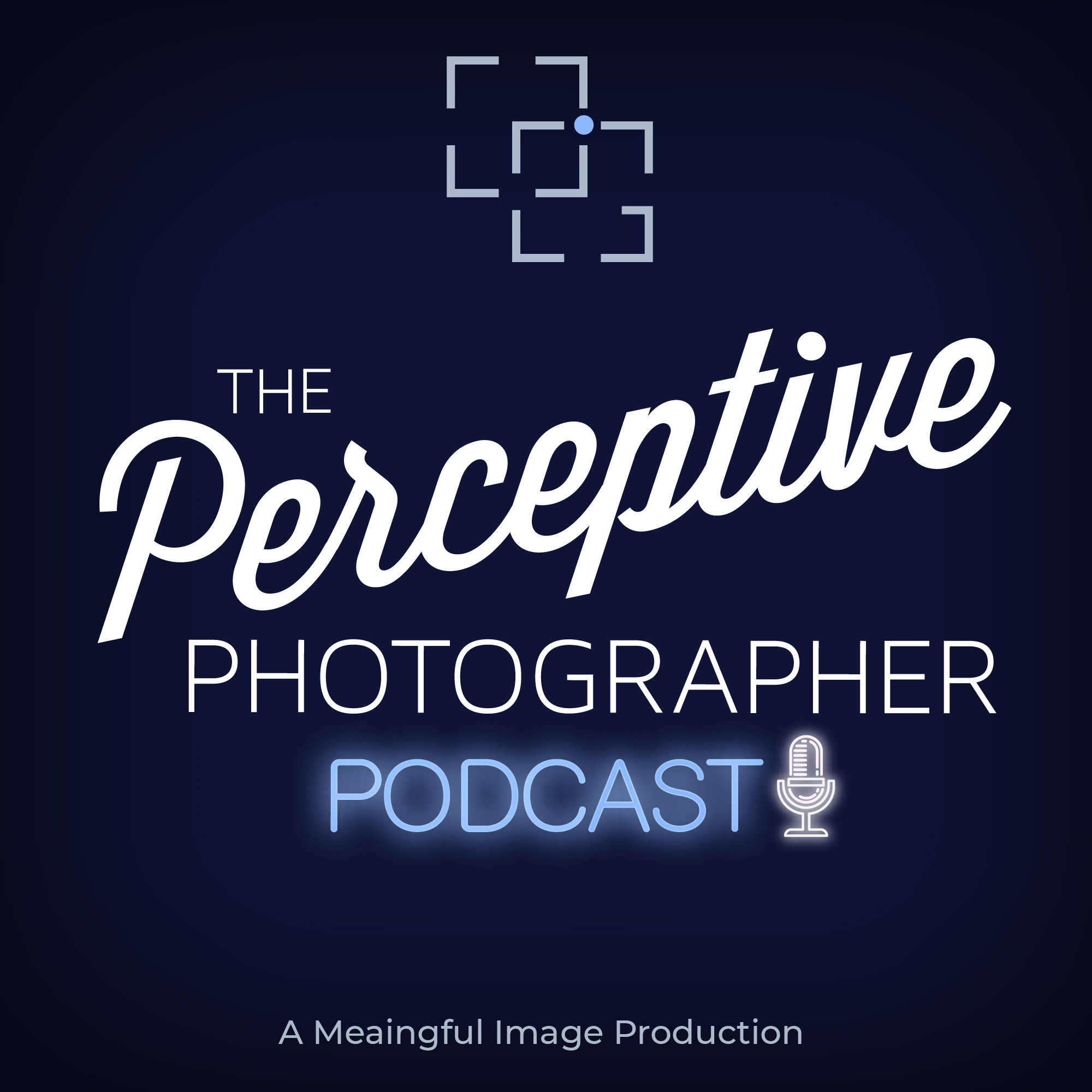Episode 296
In this week’s podcast, we look at a possible photographic approach and discuss how you approach knowing when enough is enough when creating the image. For many of us, our approach to getting an image completed is incremental. We take small steps in our approach to framing, editing, shooting, and printing. While this method works, I propose that by making more grand shifts earlier in our process, we can get to a better result faster. We can get a better image, better concept, and better experience with the work by taking big leaps of faith in our workflow and trusting that going too far sometimes and backing off can produce more interesting images.
As always, I hope you and yours are safe, and please remember to keep safe and wear your mask.
Get the VIP Pass
Get the Free Access Pass
Gear used in the podcast
One of the questions I get asked frequently is what sort of equipment do I use to record my podcast. I have used a variety of equipment in the three years that I have been recording, but here is the current list of equipment that I am using. Also as an FYI and full disclosure, the links are affiliate links to Amazon.
Rode Procaster XLR microphone
Rode Boom Arm
Rode PSM Shockmount
All three Rode components a kit
Focusrite Scarlet 2i2
Adobe Audition (part of creative cloud subscription)
LogicPro X
Macbook Pro
OWC Thunderbolt 3 dock
Headphones


